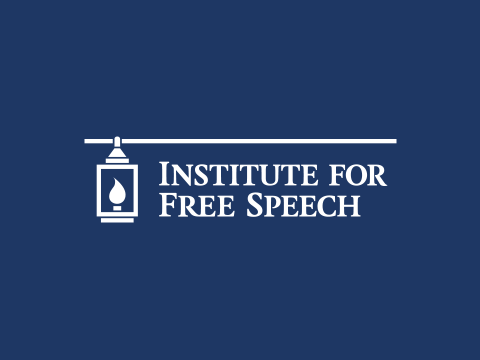The Institute for Free Speech released the following statement in response to today’s decision in Libertarian National Committee v. FEC:
The en banc D.C. Circuit Court of Appeals denied the Libertarian Party’s request to accept bequeathed funds in excess of the federal contribution limits. It also upheld the recently enacted “two tier” limits scheme, which allows substantially higher contributions for certain limited purposes.
“The court missed an opportunity to insist that the government marshal real evidence before burdening First Amendment rights. The FEC failed to prove any likelihood that uncoordinated and unrestricted bequests would lead to quid pro quo corruption,” said Institute for Free Speech Legal Director Allen Dickerson.
Two partial dissents were filed in the case. Judge Thomas B. Griffith wrote that “the government has not carried its burden of showing that the two-tiered scheme is closely drawn to serve anticorruption interests.”
Judge Gregory G. Katsas and Judge Karen L. Henderson wrote that the FEC’s analysis was “flawed at every turn” and that its request for a low standard of scrutiny was “radical.”
“The facts surrounding this bequest are undisputed,” they wrote. “Shaber neither coordinated with the LNC regarding his decision to include the party in his will nor even informed the party of that decision… the challenged contribution limits are unconstitutional as applied to any of three nested categories: bequests, uncoordinated bequests, and Shaber’s bequest.”
The Institute for Free Speech filed an amicus brief in September urging the court to adopt a bright-line standard clarifying where contribution limits apply to bequests. The Institute previously served as co-counsel for the LNC in a separate case concerning a bequest.
“Such a remedy is easily articulated. The Court should find that contribution limits are inappropriate where a bequest is made without any prior coordination with the recipient committee, and where that committee seeks to receive it only after the contributors’ death. That ruling will be easily applicable to, and easily cognizable by, a wide array of actors, obviating the need for future litigation on the subject,” the Institute’s brief read.
To read the court’s ruling, click here.
















